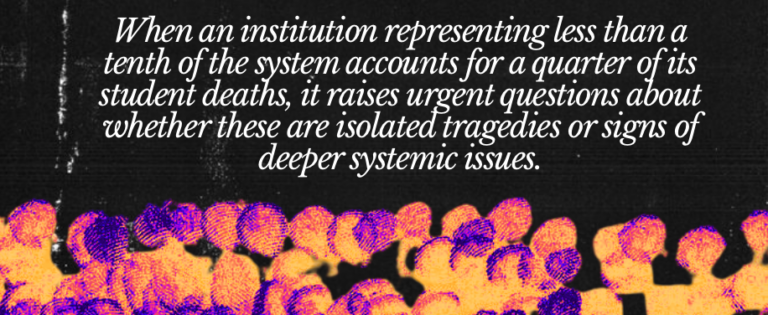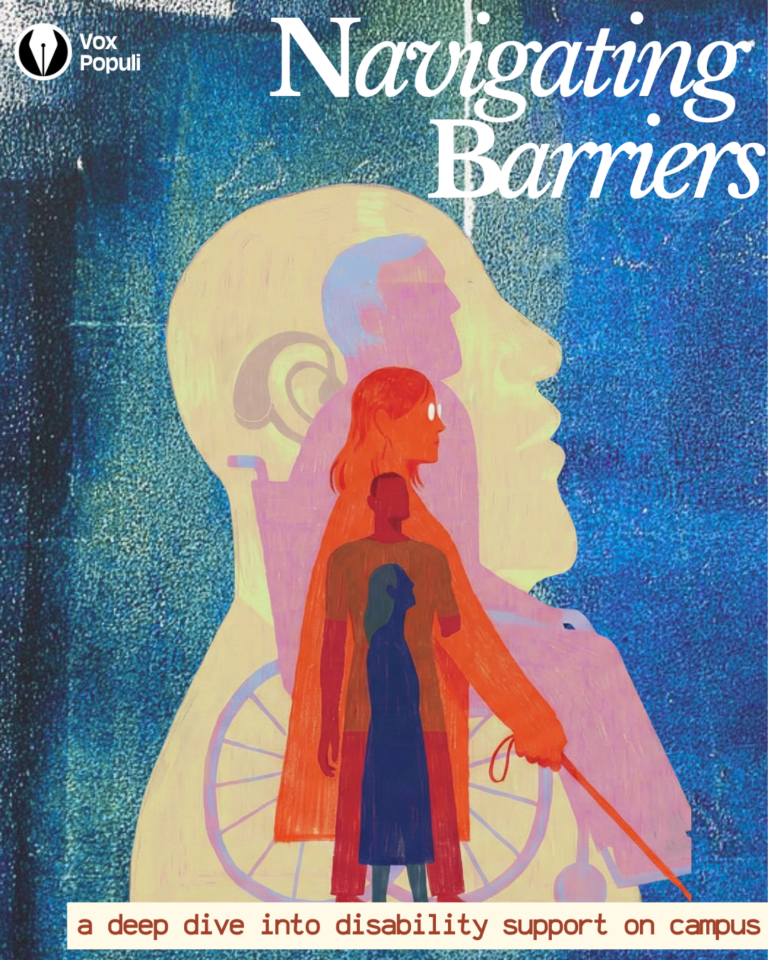Automation systems form an ubiquitous part of the modern world, embodying the essence of the IT revolution by eliminating the need of human labour and streamlining various processes. IIT Kanpur aspires to be a world class institution in its own right; a dream which can only be realized if it has an efficient automation system running behind-the-scenes. The need for a proper automation system is felt across all domains in the institute, in fields as diverse as administration, auditing, accounting, Students’ Gymkhana, academics and placement, to name a few. Various attempts have been made in the past to come up with standalone solutions, which have resulted in a patchwork of fragmented solutions, which fail to fit in properly in the big picture. In this article, we look into some particular areas where the lack of a proper platform is hurting the institute and its stakeholders in more ways than one.
Handling registration alone has become a Herculean task, thanks to the sheer number of students and limited time allocated to the process. Automation was inevitable in almost everything. It seems that authorities did start out with a noble cause but were not entirely successful in maintaining the then built system. IIT Kanpur’s OARS was born as a consequence of a B.Tech. Project. The idea was simple, automate the registration process. Although OARS might have been constructed on the state-of-the-art technology back then, but technology has evolved to more quicker and efficient forms, leaving our beloved OARS burning away its precious oil under unprecedented load.The journey begins with an amazingly well organized HSS lottery, which failed to allot a small, yet significant, chunk of student candidates any HSS in the last semester’s pre-registration. Period of choosing electives, which is of significant importance to a lot of students, is the next in line. It acts as a primary hiccup for two major reasons. Students are not aware of the graduation requirements, and how would they be? Finding latest UG/PG manuals is a tough nut to crack. It fails to sink in, why such life-changing templates are not made available, at least before add-drop period. If that is not enough, OARS tends to crash at atleast one point of time during any sort of registration procedure. Maybe students tend to delay their form submission till the fag end of the allotted time-period, but they are not the only ones at fault. Some professors take a lot of time to accept/reject courses, hence causing a bottle-neck for form submission.
Apart from OARS, Brihaspati-LMS comes neck to neck in performance. Its character can be judged by a highlighted message on the login page. Needless to say, with 4 people (in)active on the website and login time being more than 6 seconds, users’ confidence go down instantly. Fortunately only a few students, yet a significant number, are the guinea pigs of this torturous experiment each semester. With over 60 lakh rupees worth of grants from the government (effectively tax-payers’ money) for Brihaspati-LMS in the past 4 years, we have yet to see a functional website which does not crash under the pressure of students from just one course. Moreover, there exists a website which requests for donations for Brihaspati. When we tried to give a small amount towards its “development”, it turned out to be surprisingly non-functional.
Academics aside, another issue students flinch from; getting signatures, especially from the DOAA or DOSA. It is generally easy, as long as we are able to locate them. The newly formulated LHC online booking portal has failed to fulfil its purpose, primarily due to this problem. LHC bookings require permission from the DOSA after 1800 hours to sanction overtime payments for the LHC staff. Hence online bookings are not at all accepted by the LHC office, bringing the situation back to square-one. Digitizing signatures of faculty, staff and even students would be a complete game-changer in every aspect possible. With lesser running around for signatures and accountability being backed-up online, one mundane task could be put rest once and for all.
There are other issues about which one could go on rambling, but the crux of the situation lies in the archaic functionality of almost all automation systems. All of the above issues, and many more, have been discussed in the Students’ Senate with short-term and long-term proposals being delivered to the concerned authorities. In the past years, half-hearted attempts to rejuvenate the system by the authorities have also met disastrous failure.
However, there appears to be a silver lining to this dark cloud. The institute is actively pursuing the idea of getting a third-party backed comprehensive, robust and institute-wide automation system. An elaborate process, which started in early 2014, is currently in the pipeline with Prof. Mahendra K Verma of the Physics department at the helm of the committee constituted by the institute to overlook the entire operation. The committee collected the requirements from various stakeholders of the institute, over a period of several months. Students’ Gymkhana also pitched in with its fair share of stipulations, via a committee constituted by the Senate. Major areas where the committee feels automation is needed include finance, booking of resources, payment gateways, mail groups, event management and complaint management.
Apart from the requirements of the students, the system is planned to be a one-stop solution to all the issues plaguing the administration and management in the institute. Prof. Verma informed us that the committee has forwarded a list of requirements for the potential bidders. The list is quite eclectic, covering an extensive range of modules across departments. The administrative modules include finance, offices of the Deans, department offices, auditing, etc. On the other hand, academic needs contain classroom and learning management systems, admissions, courses and grade management, scheduling, etc. Research Project Managment has also been given considerable attention. External connect services, including placements, internships and alumni relations are also covered in the tender requisites. Special emphasis has also been given to the services management systems, like IWD, HC, ID cell, security, transport, guest houses, etc. Prof. Verma is quite hopeful that the final system will cater to the wishes of every member of the institute in a satisfactory manner.
The ambitious project has been planned to be launched over various phases, with the first phase including the modules for DORA and DOFA expected to be ready within a year. Although the student community is not likely to be significantly affected by these modules, subsequent phases are expected to be completed within a few years. The developer is also expected to provide management and logistical support for an extended period, housed in the institute. After the debacle of the institute website, we just hope that the institute has matured in its approach for such large scale projects. That being said, it is quite refreshing to see the institute taking an active stand on major issues and tackling them head on. Whether this approach bears some fruit is something that only time will tell.
Written by Chaitanya Ahuja and Dhruv Singal for Vox Populi.











